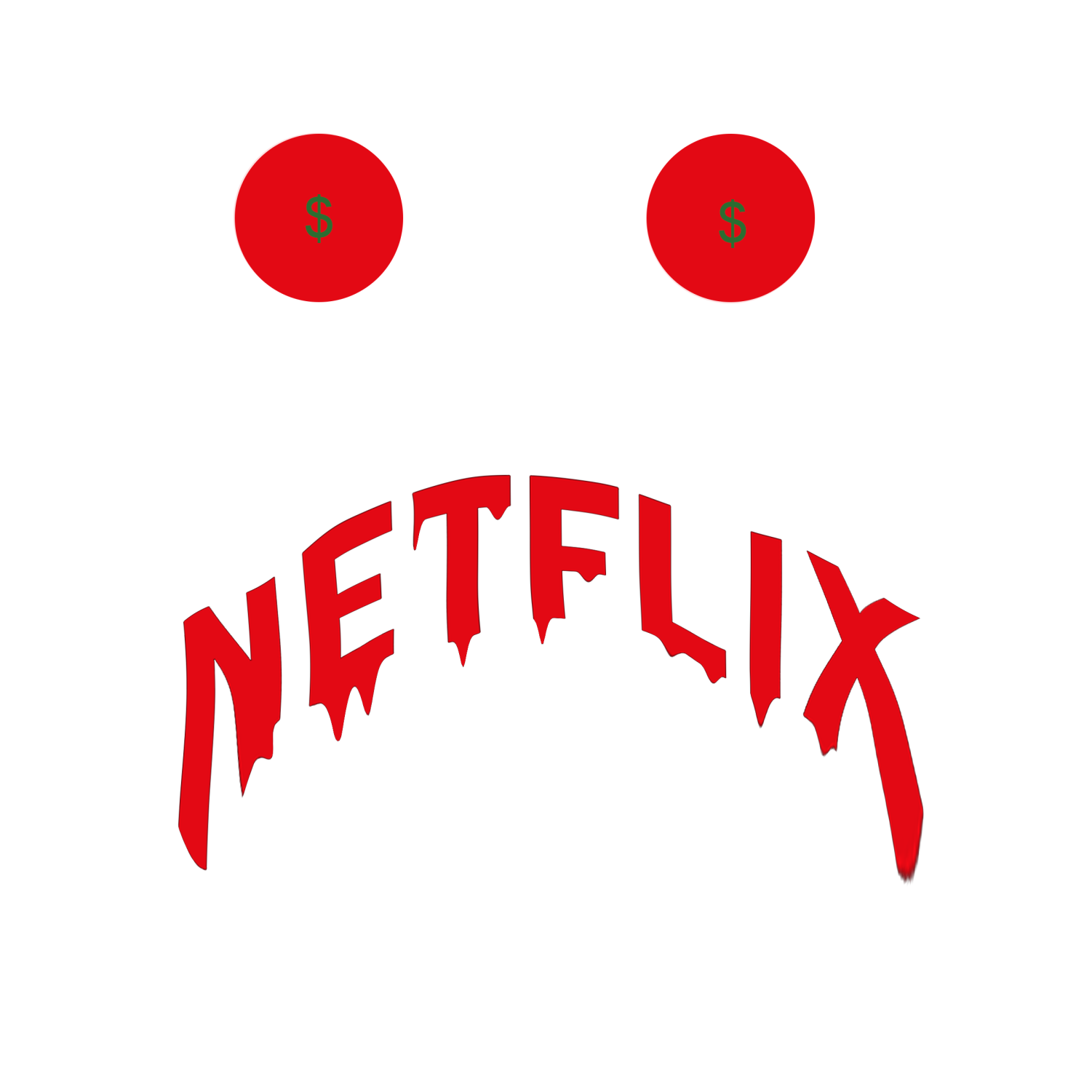Naivety of Netflix
How Netflix plans to implement regulations on password sharing in future, SPU students react to announcement
March 10, 2023

The time on the alarm clock reads 10:30 p.m. as a Seattle Pacific University student switches off their dorm room’s overhead lights. As soon as the lights are off, they race off to their bed, snuggle under the covers and open their laptop. For them, it is time to wind down for the night and watch their favorite show on Netflix.
However, as they open the app, they are shocked to see that they cannot access their account. Their current Wi-Fi network has not been paid for and connected to the Netflix account, which effectively bars them from viewing shows and movies while away at school.
This scenario could be the result of a possible overhaul of Netflix’s password-sharing policies and regulations that are currently in the process of being tested among users.
In December 2022, it was reported that Netflix may announce a possible change to its password-sharing policy. The streaming service is considering implementing a new policy where it will no longer allow people to share accounts and passwords with others outside of their households.
The streaming service that many people know and love is not changing yet in the United States, but when it does, will it be for the better? Netflix’s decision to regulate password sharing to one Wi-Fi network may promote families to spend more time at home and with their loved ones, but it may also completely ruin Netflix’s reputation and finances.
The potential negative effects that this decision may have on users have upset many people. Students, like those at Seattle Pacific University, who depend on streaming services to get through the stressful nights of studying, may be heavily affected by this change.
Second year business administration major Maria Rivera believes that this change will have more negative effects than positive ones.
“It is an inconvenience and also very unrealistic. The repercussions of their actions could be detrimental to their brand,” Rivera said.
Rivera is not the only person who disagrees with this potential alteration to account sharing. Since the news was released, Netflix has received backlash, causing them to post a clarifying statement. They state that they are not currently changing the policy in the U.S. Instead, they are doing trial runs in designated countries before enacting that change in the U.S. Some of the countries involved in the trails runs are Canada, New Zealand, Portugal and Spain.
In these locations, devices that use Netflix will no longer allow account sharing with those outside of a certain range of the primary location. To keep the same plan, users will have to log into the primary location’s Wi-Fi once every 31 days. If they fail to return or connect to the Wi-Fi, the device will be blocked from the account.
First year history education major Hope Hamilton believes that this idea betrays the basic ideas Netflix was built upon.
“It is a mistake that will cost them money and alter their good reputation. It strays from the original idea behind Netflix, which is to stream with your friends and family,” Hamilton said.
This also poses a problem for people who travel, especially out-of-state college students who are away from home for several months. Members who are absent from the primary location for several days are sent temporary codes. However, these codes are only valid for seven days and do not apply to those who travel longer. If needed, there is a way to add additional locations, but that only comes with extra cost.
This decision was an attempt to force people to make their accounts. Doing this would cause the company to profit more, that is if they do not lose users in the process. So far, the surveys and experimental countries’ results have shown that they will not benefit from this change, and this will only result in a decrease in new accounts. With other streaming services like Amazon Prime Video, Hulu and HBO Max on the rise, Netflix has an even lower chance of a successful comeback.
Netflix’s decision is a risky one and the outcome is unknown. Many wonder if the rewards are worth the cost and if Netflix will prosper or completely dissolve. It is uncertain exactly when or if this is being put into effect in the U.S., and the only facts known so far are not pointing in the favor of Netflix’s decision. If this does reach the U.S., how will it affect streaming services and even movie production? People are only left to wonder and, for the time being, enjoy their movies no matter where they are.


























































































